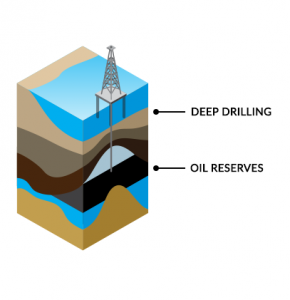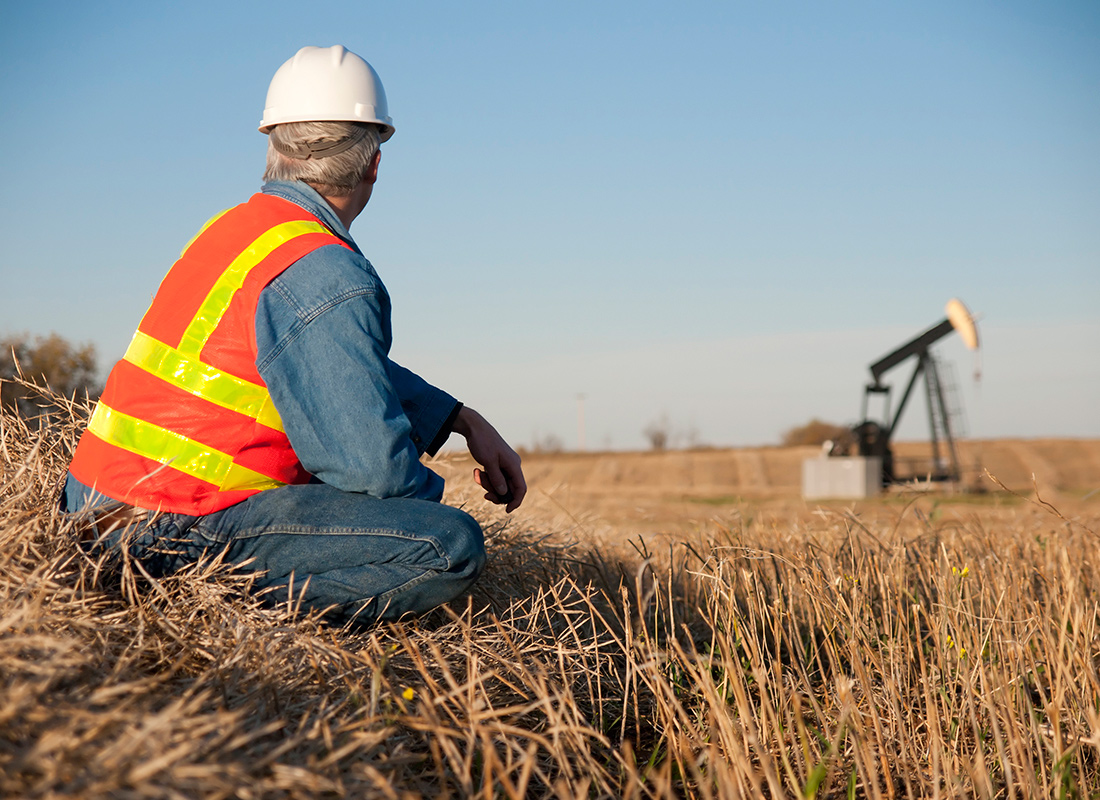All Categories
Featured
Table of Contents
Geophysicist in Noranda WA 2022
This work is progressively contracted out, so consultancies offer another source of work. Consultancy companies differ in size, from extremely little companies to big multinationals. Some consultancies are rather specialised in using particular geophysical techniques or operating in specific places, while others provide a more diverse variety of services to their consumers.
The extraction of gas from land fill sites is another location of work and this might grow in the future. Expedition business might undertake work for building and construction firms, water business, mining business and environmental companies, so geophysicists might be utilized in any of these settings. Other companies include: geological surveysgovernment bodies and agenciesuniversities and research institutes.


Vacancies might be listed in the oil and gas sector press. Recruitment is affected by oil price fluctuations and the level of competitors for positions varies depending upon this. Professions Days, which cover the full variety of geoscience professions and are usually attended by a number of essential market companies, are run by The Geological Society.
What Is Geophysics And What Do Geophysicists Do? in Swan View Australia 2023
Some of the big oil and gas business use a complete two-year structured training programme across the breadth of geophysics, including the chance to experience work in various teams prior to specialising in one location. Your training may include deal with: existing wellsmagnetic and gravitational possible field data analysisresearchrock analysis. It's more typical for your preliminary training to be supplied on the job.

There may be a probationary period during which you work alongside a knowledgeable colleague. Competency-based appraisals occur regularly in the majority of companies. In smaller companies, and for academic posts, there is not likely to be any formal training - you'll be anticipated to start work straightaway and get skills as you go along.
If you work for a smaller company, you may find that you require to take duty for organizing and moneying your own advancement and training. If you have a geology degree, subscription of The Geological Society can be useful for networking and for keeping up to date with the market.
Geophysicist Job Description: Salary, Duties, & More in Beeliar Oz 2022
You may likewise find it helpful to join the PESGB (The Petroleum Expedition Society of Great Britain, which has a geophysics special interest group. After a probationary period, and when you've acquired some experience, you might advance to senior geophysicist, then group leader and then into a senior function in management.
The ease of motion between functions depends upon the business structure. Study at Masters or Ph, D level in a subject related to geophysics or geosciences may assist with your profession development and development. The work market within the oil and gas market is very based on cost and this might impact your opportunities for profession development.
For knowledgeable geophysicists, freelance consultancy offers an excellent route for career advancement. As a geophysicist, you're most likely to have numerous jobs throughout your working life.
Geophysical Surveys in Secret Harbour Western Australia 2023
From geophysics, it's possible to focus on seismology (finishing more training to become a seismic interpreter) or to move into related locations such as engineering geology or hazard forecast.
Deciding what to study in college is a hard option. Even if you know that your field of interest lies in science, what program of study is right for you? If you make the choice to significant in physical and life sciences and pursue a profession as a geophysicist, you're getting ready for an interesting and successful occupation.
The first action to achieving your objective of becoming a geophysicist is making a degree. Even for entry-level positions in the field of geoscience, you'll require a bachelor's degree (a geophysicist college degree) from an accredited college or university. Some research positions require prospects to hold master's degrees or perhaps Ph.
Geophysical Survey - Mining Fundamentals in Beaconsfield Western Australia 2022
Postgraduate degree are particularly crucial if you plan to teach at a four-year organization. Geophysicists apply physics concepts and methods to study the gravitational, magnetic, and electrical fields of the earth. This furthers scientists' knowledge of both the planet's interior core and its surface area. Geophysicists need to have the ability to: examine rocks, photographs, and other pieces of data conduct research both in the field and in laboratories create maps and charts of their findings write reports To achieve all this, trainees require a specialized education for geophysicist careers.
As specified above, you'll need a bachelor's degree in geoscience or a related discipline, such as a physical science or a life sciences, to land an entry-level task. Students can likewise prepare by majoring in subjects like: Biology Chemistry Computer system science Engineering Mathematics Physics The above geophysicist majors offer a more generalized method to a single clinical discipline, however many programs require students to take one or more geology course.
Table of Contents
Latest Posts
How To Become A Geophysicist in Mount Claremont Oz 2023
Geophysical Survey Next Step In Carbon Storage Study in Brookdale Western Australia 2023
Geophysical Investigations in Calista Western Australia 2022
More
Latest Posts
How To Become A Geophysicist in Mount Claremont Oz 2023
Geophysical Survey Next Step In Carbon Storage Study in Brookdale Western Australia 2023
Geophysical Investigations in Calista Western Australia 2022